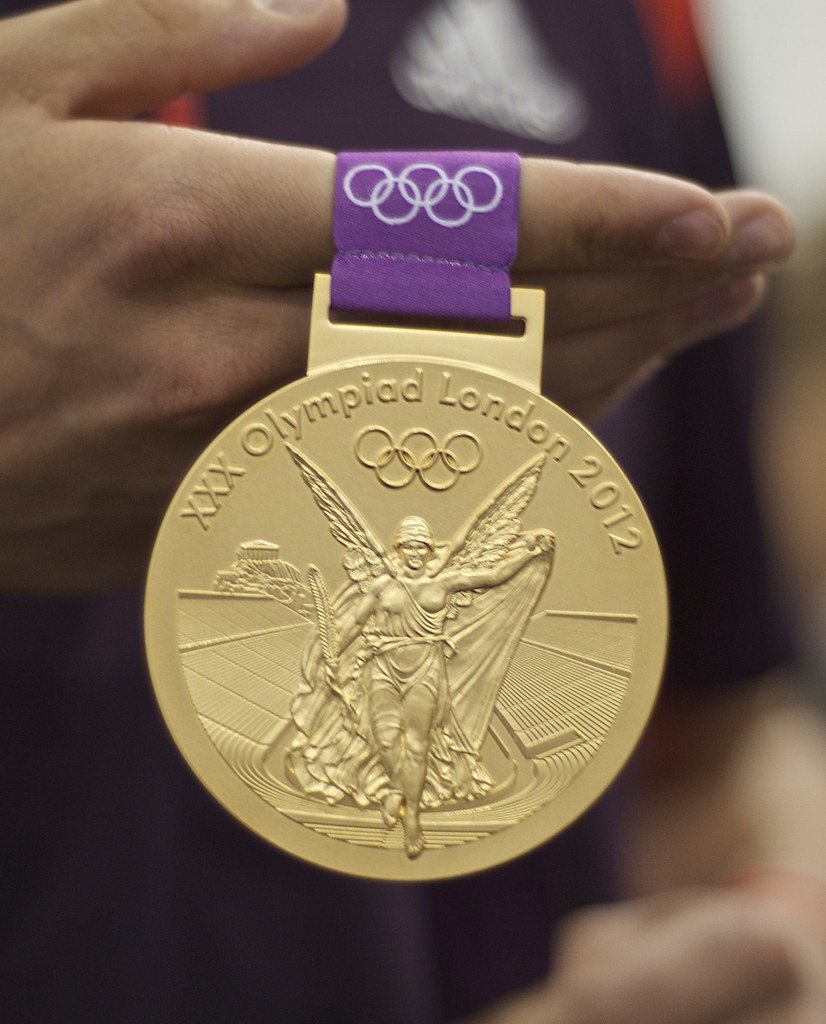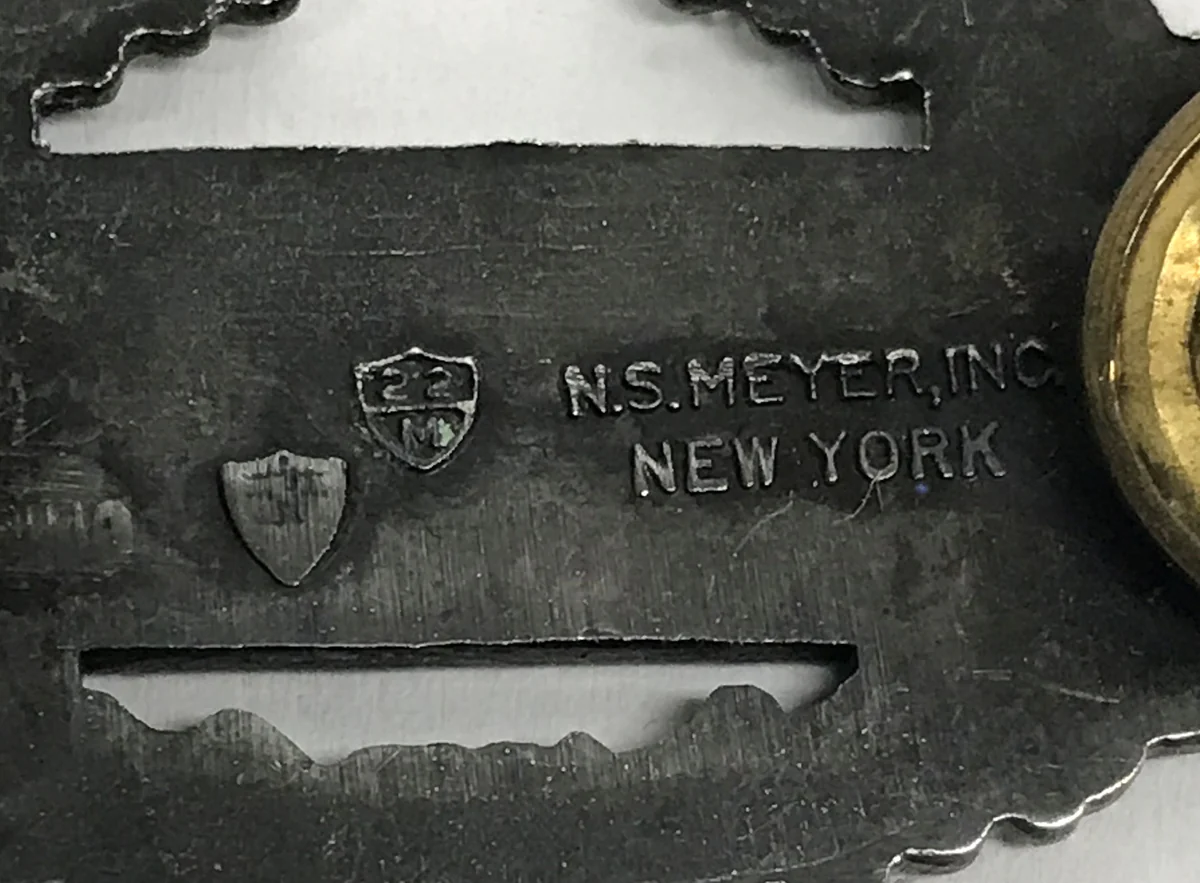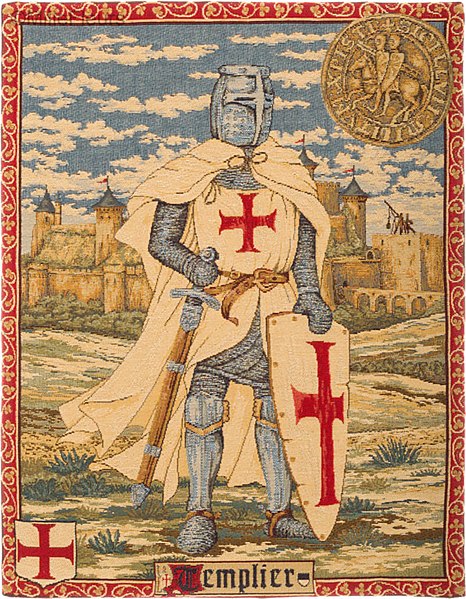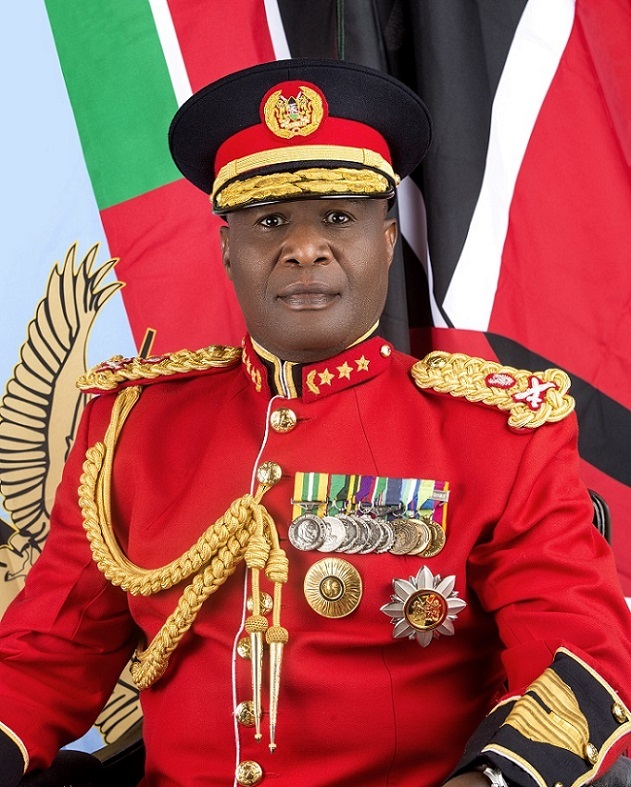The Nobel Prize is one of the most esteemed awards bestowed upon individuals and organizations for their remarkable contributions to humanity across various fields. Established by Alfred Nobel, a Swedish inventor and philanthropist, the Nobel Prize recognizes excellence in Physics, Chemistry, Medicine, Literature, Peace, and Economic Sciences.
Winners of the Nobel Prize, known as laureates, are selected through a rigorous process and awarded a medal, diploma, and substantial monetary prize. This esteemed recognition serves as a testament to their outstanding achievements and profound impact on society.
The Importance of the Nobel Prize Award
The Nobel Prize has a profound impact on society and the world at large. Laureates often address pressing issues and challenges facing humanity, such as scientific advancements, peace efforts, literature, and economic development. Their work has the potential to inspire positive change and shape the course of history.
The Nobel Prize celebrates groundbreaking discoveries, advancements, and innovations that push the boundaries of human knowledge and understanding. By highlighting and rewarding excellence in research, literature, and peace efforts, the Nobel Prize promotes further exploration and innovation in these areas. The Nobel Peace Prize, in particular, recognizes individuals and organizations that have made significant contributions to promoting peace, resolving conflicts, and advancing human rights.
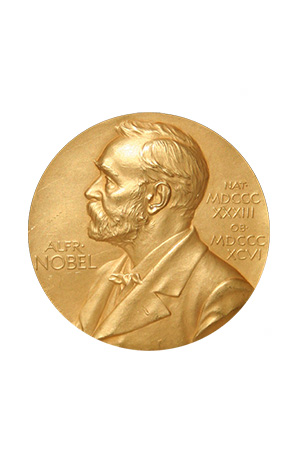
A Short History of the Nobel Prize
Born in 1833 in Stockholm, Sweden, Alfred Nobel was a man of many talents—an inventor, scientist, engineer, and industrialist. His inventions, including dynamite and other explosives, revolutionized industries such as mining and construction, but they also brought him considerable wealth and success.
However, Nobel’s legacy was forever altered by a singular event: the premature publication of his obituary. Upon reading his own obituary, which condemned him as the “merchant of death,” Nobel was deeply troubled by how he would be remembered after his passing. Determined to leave behind a more positive legacy, Nobel decided to bequeath the bulk of his fortune to establish the Nobel Prizes.
In his will, written in 1895, Nobel directed that his fortune be used to create prizes in five categories: Physics, Chemistry, Medicine, Literature, and Peace. He believed that by rewarding individuals who had made significant contributions to humanity in these fields, he could help promote peace, progress, and intellectual advancement.
The first Nobel Prizes were awarded in 1901, in accordance with Nobel’s wishes. Since then, the Nobel Prizes have evolved and expanded to include additional categories, such as Economic Sciences, which was established by the Swedish central bank in 1968 to commemorate the 300th anniversary of its founding.
Nobel Prize Awardees
Here are some examples of Nobel Prize winners across different categories that you might be familiar with:
Physics: Albert Einstein (1921) for his explanation of the photoelectric effect, and Marie Curie (1903) for her pioneering research on radioactivity.
Chemistry: Marie Curie (1911) for her discovery of radium and polonium, and Linus Pauling (1954) for his research into the nature of chemical bonds.
Medicine: Alexander Fleming (1945) for the discovery of penicillin, and Tu Youyou (2015) for her discoveries concerning a novel therapy against malaria.
Literature: Gabriel García Márquez (1982) for his novels and short stories, and Toni Morrison (1993) for her novels exploring the African American experience.
Peace: Martin Luther King Jr. (1964) for his nonviolent resistance to racial prejudice in America, and Malala Yousafzai (2014) for her advocacy of education for girls in Pakistan.
Economic Sciences: Milton Friedman (1976) for his achievements in the fields of consumption analysis, monetary history and theory, and for his demonstration of the complexity of stabilization policy.
The Nobel Prize Medal Design
Designed by Swedish artist Gustav Vigeland, the medal features an image of Alfred Nobel, the founder of the Nobel Prize, along with symbols representing the respective fields of the laureates.
Each medal is unique and crafted from 18-carat gold, bearing an inscription of the laureate’s name and the year of the award.
The Legacy of the Nobel Prize
Today, the Nobel Prize is widely regarded as one of the highest honors one can receive in their respective field. Each year, laureates are selected through a rigorous process of nomination, review, and selection by committees of experts in each category. The awards are presented annually on December 10th, the anniversary of Alfred Nobel’s death, in ceremonies held in Stockholm, Sweden, and Oslo, Norway.


